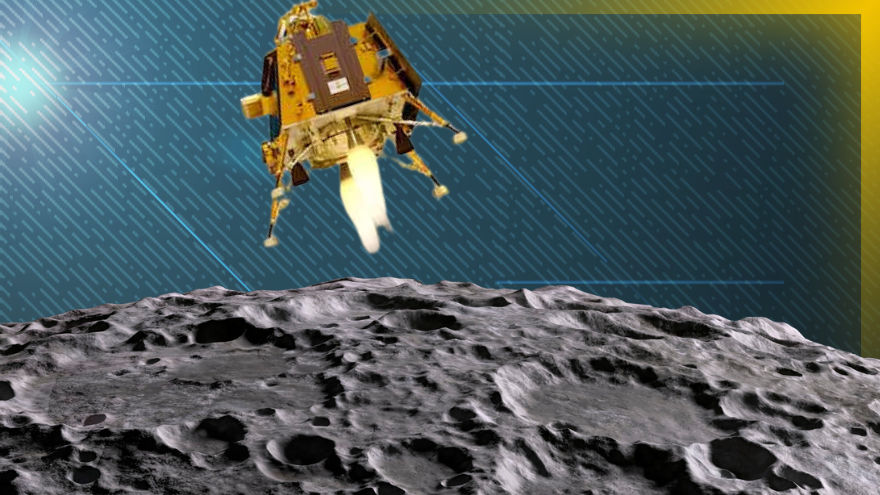India has become the fourth country in the world to successfully land on the moon.
The Chandrayaan-3 was launched in Sriharikota on July 14 and reached its destination on Aug. 22.
This is also the first time any spacecraft has landed on the moon’s south pole region.
“Excited and anxious, people across India, home to the world’s largest population, crowded around televisions in offices, shops, restaurants and homes,” reports MarketWatch. “Thousands prayed Tuesday for the success of the mission with oil lamps on the river banks, temples and religious places, including the holy city of Varanasi in northern India.”
The Chandrayaan-3 completed a Lunar Orbit Insertion on Aug. 5 after which its operators gradually reduced its orbit until the spacecraft was over the lunar pole.
“India’s pursuit of space exploration reaches a remarkable milestone with the impending Chandrayaan-3 Mission, poised to achieve a soft landing on the lunar surface,” said the Indian Space Research Organization in a statement on Aug. 23. “This achievement marks a significant step forward for Indian Science, Engineering, Technology, and Industry, symbolizing our nation’s progress in space exploration.”
On July 22, 2019, India launched the Chandrayaan-2, five months after a similar attempt from Israel failed. The efforts were ultimately unsuccessful. The spacecraft’s lander and rover crashed into the surface of the moon on Sept. 7.
“The primary issues were, one, we had five engines which were used to give the reduction of the velocity, which is called the retardation. These engines developed higher thrust than what was expected,” Indian Space Research Organization Chairman S. Somanath told reporters on June 10, 2023, per the Indian Express.
India’s successful moon landing comes three days after Russia’s Luna-25 spun into an uncontrolled orbit and crashed. The Luna-25 was also on course to reach the moon’s south pole. Russia had not launched a lander since the 1970s.
“The apparatus moved into an unpredictable orbit and ceased to exist as a result of a collision with the surface of the moon,” said Roscosmos, Russia’s space corporation, in a statement, per AP News.
Ispace, a private space startup in Japan, unsuccessfully attempted a moon landing in April.
Scientists believe there are important reserves of frozen water and precious elements near the moon’s south pole. The area is known for its rough terrain, which could challenge the rover.
“A six-wheeled rover is scheduled to roam the lunar surface gathering images and data,” reports The Guardian. The rover is expected to remain functional for two weeks, running a series of experiments including a spectrometer analysis of the mineral composition of the lunar surface.”
Russia, China, and the United States were the first countries to successfully land on the moon.
